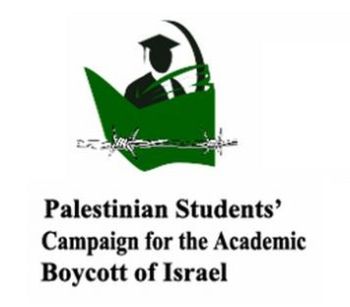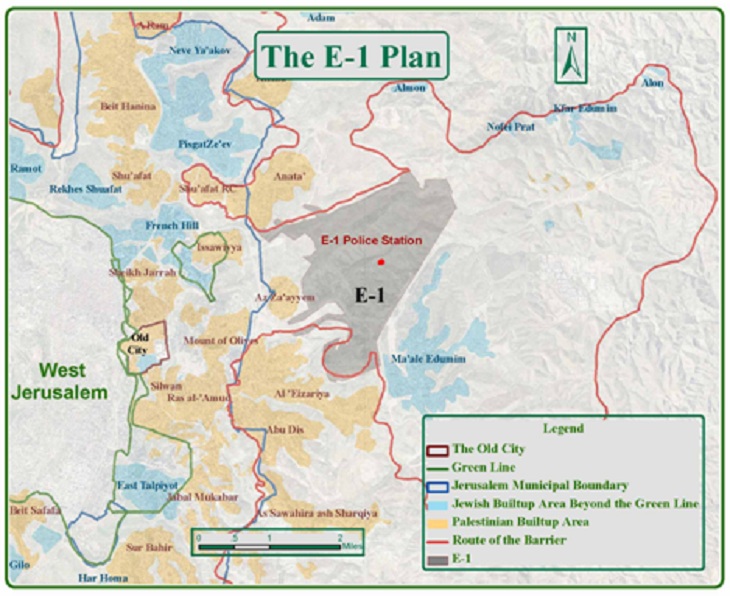Tag: Action Alert
-
Stop the Jewish National Fund greenwashing ‘Green Sunday’ February 5, 2012
27 January 2012 | Stop the JNF Campaign The Jewish National Fund has designated Sunday 5th February as ‘Green Sunday’, when it encourages people to donate money to ‘plant trees in Israel’. The JNF claims to have environmental objectives. Don’t be taken in. The JNF’s tree planting is a cover for ethnic cleansing. The JNF…
-
Connect with the Palestinian Students’ Campaign for Academic Boycott of Israel (PSCABI)
23 January 2012 | US Campaign for the Academic and Cultural Boycott of Israel A collective of students in Gaza has formed the Palestinian Students’ Campaign for the Academic Boycott of Israel (PSCABI). These students are seeking to expand their collaboration and participation in events and activities with solidarity activists at international universities. PSCABI members…
-
Join our campaign: Help stop the construction of a national park on Palestinian land in East Jerusalem!
12 January 2012 | Sheikh Jarrah Solidarity The planned national park, located adjacent to the E1 area, on the slopes of Mt. Scopus, would constitute an insurmountable obstacle to any possible future peace agreement involving Jerusalem. Most immediately, it would “choke off” a number of Palestinian neighborhoods in East Jerusalem, and deny residents access to…



